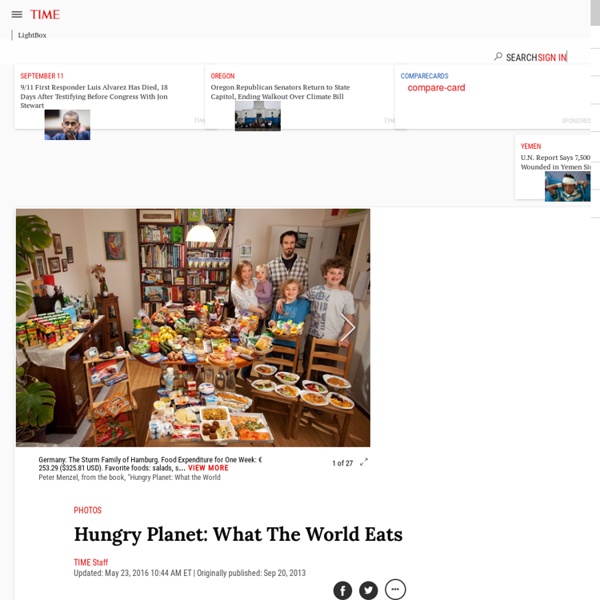



Lunch with the FT: Joyce DiDonato Over grilled octopus, the American opera star gives Martin Dickson a singing masterclass and talks about the loneliness of life on the road We’re midway through our sheep’s milk ricotta appetiser when Joyce DiDonato, one of the world’s most glamorous opera stars, opens her mouth wide and starts to do something with her tongue that has nothing to do with eating. She pushes it down hard into the floor of her mouth. At the same time, she places her thumb in a soft cavity under her jaw, where it can sense the tongue muscle’s downward pressure. She invites me to do the same. Heaven knows what other diners at Manhattan’s Boulud Sud make of our curious fingerings and facial contortions. Her sound, she says, was all forced. Luckily, a perceptive voice coach spotted the problem, told her she was damaging her voice, and worked to connect her properly to her lungs. She has never cancelled a performance because of illness. She has a very busy 2014. She pauses and gives a self-knowing laugh.
Opinion: We're living '1984' today It appears that the police now have a device that can read license plates and check if a car is unregistered, uninsured or stolen. We already know that the National Security Agency can dip into your Facebook page and Google searches. And it seems that almost every store we go into these days wants your home phone number and ZIP code as part of any transaction. So when Edward Snowden -- now cooling his heels in Russia -- revealed the extent to which the NSA is spying on Americans, collecting data on phone calls we make, it's not as if we should have been surprised. We live in a world that George Orwell predicted in "1984." Comparisons between Orwell's novel about a tightly controlled totalitarian future ruled by the ubiquitous Big Brother and today are, in fact, quite apt. Telescreens -- in the novel, nearly all public and private places have large TV screens that broadcast government propaganda, news and approved entertainment. So what's it all mean?
A comment: Revisiting George Orwell’s Nineteen Eighty-Four in 2010 By Richard Mynick 12 June 2010 Since first appearing in the popular lexicon, the term “Orwellian” has conjured up a vision of the prototypical “totalitarian state”: a one-party dictatorship that swarmed with secret police, spied on its own people, quashed dissent, made arbitrary arrests, tortured prisoners, waged perpetual war, rewrote history for mere expedience, impoverished its own working population, and rooted its political discourse in doublethink—a thought system defined as “the power of holding two contradictory beliefs in one’s mind simultaneously, and accepting both of them.” Many Americans would easily recognize this description of “Oceania,” the futuristic dystopia immortalized by George Orwell’s Nineteen Eighty-Four, one of the most influential English-language novels of the mid-twentieth century. Whether many Americans recognize that this description applies to their own society as well is another matter. Yet Nineteen Eighty-Four was no endorsement of the West.
Orwell Today 1984 Summary The story unfolds on a cold April day in 1984 in Oceania, the totalitarian superpower in post World War II Europe. Winston Smith, employed as a records (no, not vinyl) editor at the Ministry of Truth, drags himself home to Victory Mansions (nothing victorious about them) for lunch. Depressed and oppressed, he starts a journal of his rebellious thoughts against the Party. At work, Winston becomes curious about "the brunette" (a.k.a. As Winston and Julia fall deeper in love, Winston’s views about their government (the Party) change. Unfortunately, Winston never finds out the why. Months later, Winston is sent to Room 101, where a person is faced with his greatest fear.